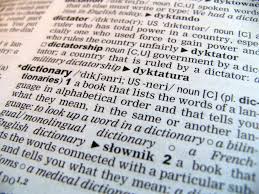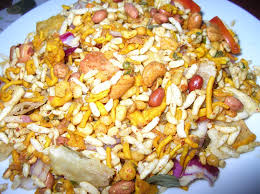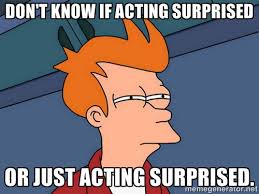A language is never static. It is dynamic and rightfully so. In a world hit by globalization, it is not unimaginable that words of one language are present in the other languages. It is very difficult to identify a language which is ‘pure’. Perhaps, the ‘impurity’ of a language gives us a sense of togetherness?
However, whatever the reason may be, I have gladly accepted English words getting mixed with my vernacular. Have you? Oh, I am sure you have. Speaking in Hindi, without interspersing it with words from English language, is eating pizzas without cheese, in the twenty first century. But every coin has two sides; my grandmother still looks at me in anguish when I use words like ‘for sure’ instead of ‘pukka’.
But is the reverse true in this case? The recent addition of a few more Hindi words in the dictionary made me think the following. Do we accept Hindi words in the Oxford Dictionary? Why do we then say that ‘English is losing its essence’? Peeps, y u be confused? (On a lighter note, ‘peeps’ will soon be added to the Oxford Dictionary like ‘dude’ and ‘binge-watching’ ;))
Before we see which are the new words added to the dictionary, let’s get the answer for the most important question.
How are the words added to the Dictionary?
“Oxford University Press has one of the largest and most wide-ranging language research programmes in the world. Our most important resources are the Oxford English Corpus and the Oxford Reading Programme. The Corpus consists of entire documents sourced largely from the World Wide Web, while the Reading Programme is an electronic collection of sentences or short extracts drawn from a huge variety of writing, from song lyrics and popular fiction to scientific journals. It’s based on the contributions of an international network of readers who are on the lookout for instances of new words and meanings or other language changes.
We continually monitor the Corpus and the Reading Programme to track new words coming into the language: when we have evidence of a new term being used in a variety of different sources (not just by one writer) it becomes a candidate for inclusion in one of our dictionaries. For every new dictionary or online update we assess all the most recent terms that have emerged and select those which we judge to be the most significant or important and those which we think are likely to stand the test of time.” – Oxford Dictionary
The new arrivals
After the dictionary added ‘angrez’, ‘badmash’, ‘keema’,‘papad’ and few other Hindi words. It would now have ‘arrey yaar’, ‘churidaar’, ‘dhaba’ and ‘bhelpuri’ added to its revised version.
Such seriousness in this article is not much wow.
So to cut down on the seriousness, let me do something which has never been done here before!
Thus, with my limited poetic skills here’s something I composed on my ‘desh’ (country) and ‘deshwasi’ (countrymen) including few Hindi words which feature in the Oxford Dictionary.
(Disclaimer- please read at your own risk)
The Self Composed Poem
The Oxford Dictionary first included ‘angrez’
Indians are definitely worthy of praise,
We have unlimited dreams to chase
But what should we do, the chase is always overcome by our laze.
Oxford has added ‘badmash’ which means naughty
Indians are not at all haughty
It is funny that the Oxford dictionary does not include shawty
We blame the woman, who is not married and is forty! :O
‘Arrey yaar’ let me not torture you with my stupidity
This poem will definitely not give you serenity.
So I leave you with a thought
Let us know if you are happy with Hindi in Oxford Dictionary or not.
P.S.: Oxford Dictionary defines Dhaba as a roadside food stall
DLF promenade, in the national capital is the most expensive mall! :O






































